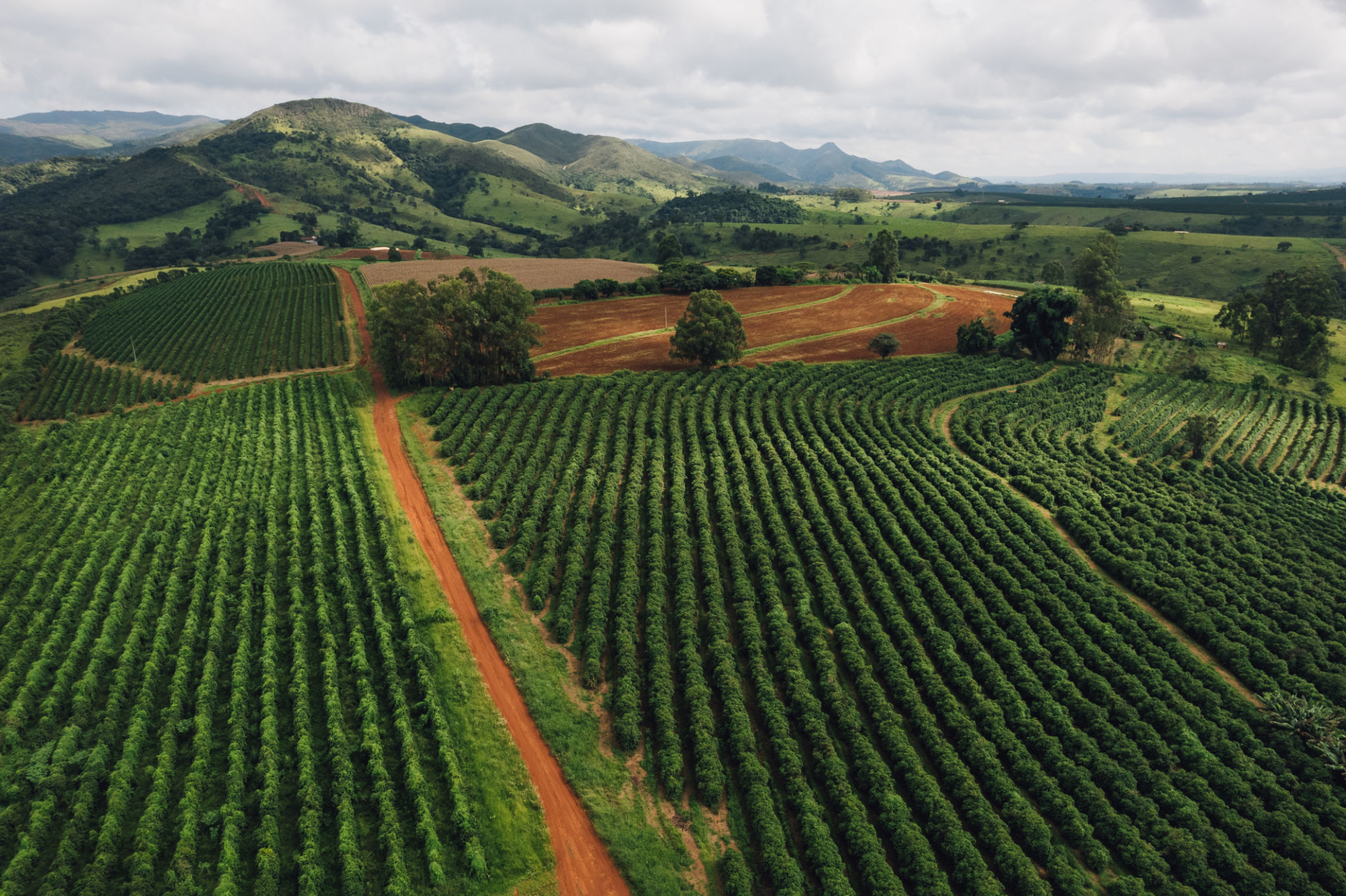Sustainable Coffee Sourcing Practices: Why It Matters for Coffee Lovers
The Importance of Sustainable Coffee Sourcing
For coffee lovers around the world, the journey from bean to cup is as important as the rich aroma and flavor of their favorite brew. The concept of sustainable coffee sourcing not only ensures the quality of coffee but also supports ethical practices that benefit farmers and the environment. But what exactly does sustainable coffee sourcing entail, and why should it matter to you?

Understanding Sustainable Coffee
Sustainable coffee sourcing involves producing coffee in a way that preserves the environment, supports local communities, and ensures economic viability for farmers. This approach addresses the environmental, social, and economic challenges associated with coffee production. By choosing sustainably sourced coffee, consumers can enjoy their favorite beverage while contributing to a healthier planet and fairer trade practices.
Sustainability in coffee production typically focuses on several key areas:
- Environmental Conservation: Protecting biodiversity and reducing carbon footprints.
- Social Responsibility: Ensuring fair wages and good working conditions for farmers.
- Economic Viability: Providing farmers with stable income opportunities.
The Environmental Impact of Coffee Production
Coffee farming has significant environmental implications. Traditional coffee farming methods often lead to deforestation, soil degradation, and an increased carbon footprint. However, sustainable practices like shade-grown coffee and organic farming help mitigate these issues by preserving natural habitats and promoting biodiversity.

Shade-grown coffee, for instance, cultivates coffee plants under a canopy of trees, which helps maintain soil health and provides habitats for wildlife. This method not only benefits the environment but also produces beans with complex flavors that many coffee connoisseurs appreciate.
Empowering Coffee Farmers
At the heart of sustainable coffee sourcing is the well-being of farmers. Many coffee growers face economic challenges due to volatile market prices and unfair trade practices. Sustainable sourcing practices aim to empower these farmers by offering fair trade certifications, which guarantee minimum price levels and support community development projects.
Through fair trade initiatives, farmers receive a premium for their crops, ensuring they can invest in better farming techniques, education, and healthcare for their families. This empowerment leads to higher quality coffee and a more resilient farming community.

Making Informed Choices as a Consumer
As a consumer, you have the power to drive change in the coffee industry. By choosing brands that prioritize sustainable sourcing practices, you contribute to a more equitable and environmentally friendly coffee supply chain. Look for certifications like Fair Trade, Rainforest Alliance, or Organic on coffee packaging to make informed choices.
Additionally, supporting local roasters who source their beans sustainably can further enhance your contribution to the cause. These roasters often have direct relationships with farmers, ensuring transparency and ethical practices throughout the supply chain.
The Future of Coffee
The demand for sustainable coffee is growing as more consumers become aware of its benefits. This shift in consumer preferences encourages more producers to adopt sustainable practices, leading to a virtuous cycle of improved quality, environmental preservation, and farmer empowerment.
In conclusion, sustainable coffee sourcing is not just a trend but a necessary step toward a more responsible and enjoyable coffee experience. By choosing sustainably sourced coffee, you help ensure that future generations can continue to enjoy the bold flavors and rich traditions of this beloved beverage.